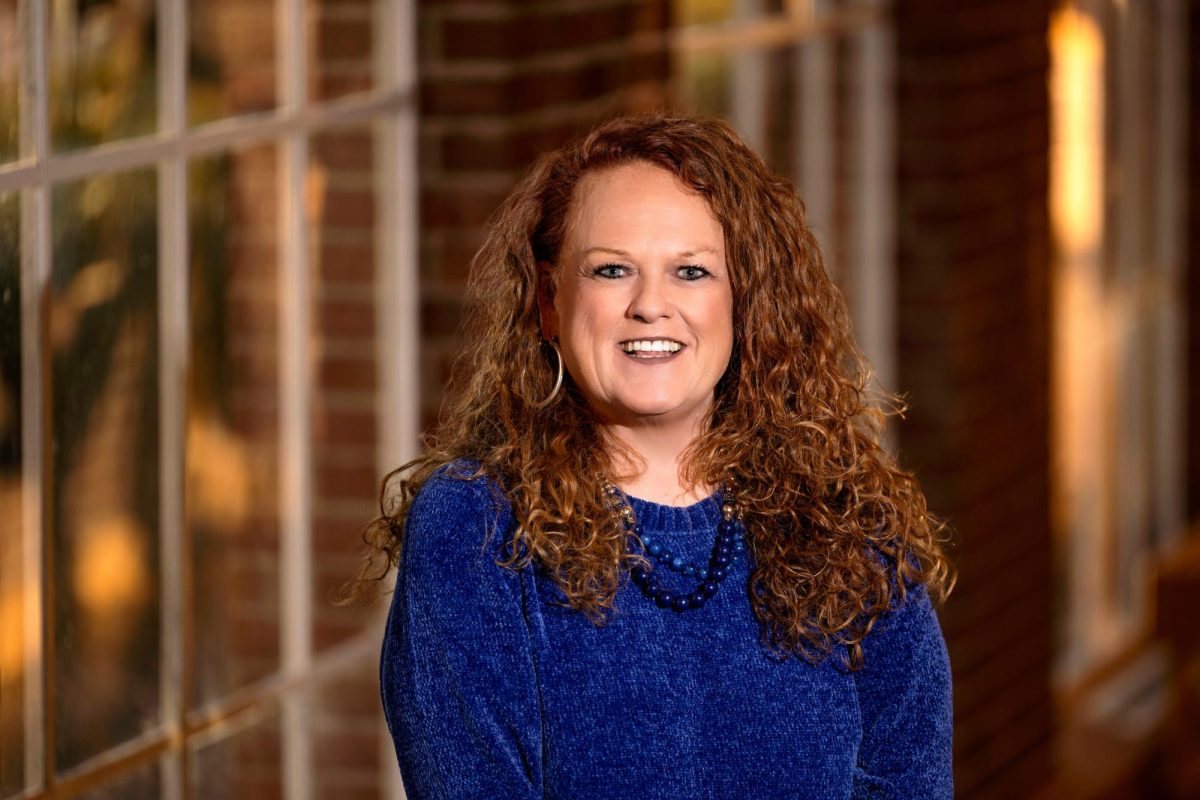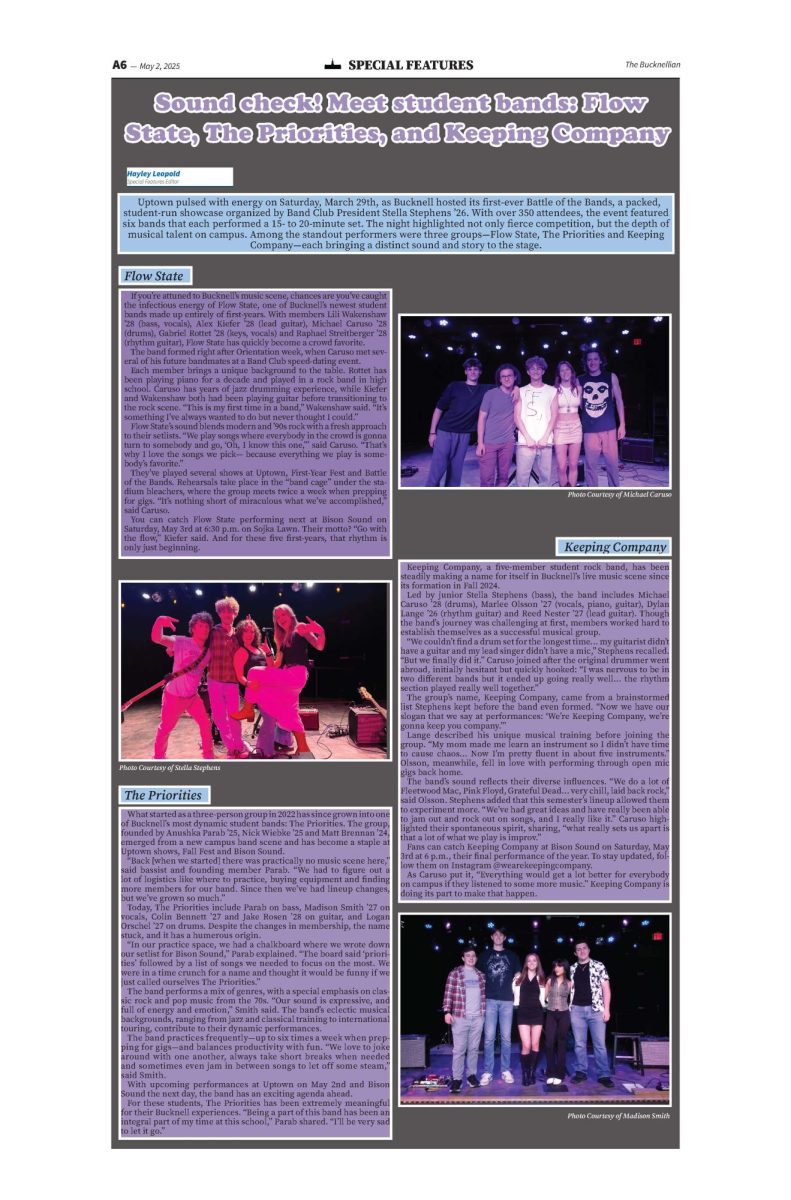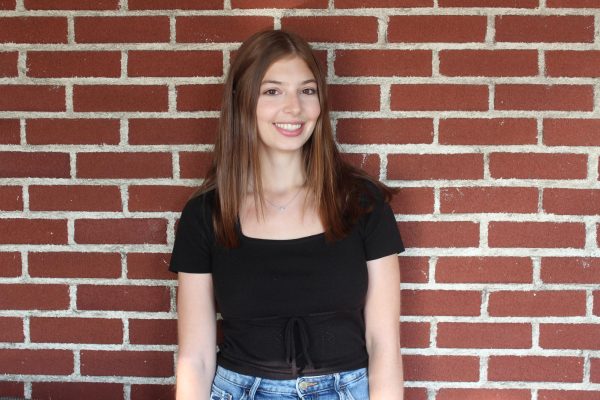At the heart of Bucknell’s efforts to foster gender equity and inclusivity stands the Women’s Resource Center (WRC), led by associate director of Gender and Sexuality Resources, Ree Joseph. With a strong commitment to programming and student support, Joseph has quickly made her mark, ensuring that the center remains a hub for advocacy, education and community-building.
Joseph’s role encompasses two primary responsibilities: programming and student support. Her approach is centered on inclusivity, ensuring that the WRC serves as a space where all students feel seen, supported and empowered.
“I keep things open and inclusive because, honestly, women are involved in everything; there’s no topic that doesn’t impact us in some way,” Joseph said. “That flexibility allows me to craft events and initiatives that truly reflect the interests and needs of the students.”
With a background in African & African Diaspora Studies, Joseph’s research delves into the societal treatment of plus-size Black women, particularly in media. Her experiences as a graduate assistant further shaped her passion for student support, steering her toward a career in higher education.
“I thought I wanted to be a professor… but through all of this, I realized just how much support staff does, not only for retention but to truly enrich students’ college experiences,” she said. “I want to be that ‘home away from home’ for students— whether they need a safe space, a mentor or just someone who gets it.”
Before stepping into her role, Joseph immersed herself in the history of the WRC. She discovered an internal study from 2005 by Arlyne Hoyt, detailing the WRC’s origins in the 1980s as a faculty and staff initiative, called the Women of the Faculty Administration, focused on gender-related issues on campus. Over time, the WRC evolved into a student-centered space, dedicated to advocacy, education and empowerment.
“While the world has changed, the core of the WRC hasn’t,” Joseph explained. “We’re still here educating, advocating and celebrating women’s contributions in society and culture.” She explained that the WRC has evolved in a way that reflects the challenges and realities facing women today.
Joseph has expanded the WRC’s reach through impactful programming. Feminist First Fridays offer diverse, engaging discussions, including social events ranging from crochet sessions to film screenings with SpeakUp. Another programming outlet, Women of Color Wednesdays, creates spaces for connection and healing. Joseph highlighted an especially successful Women of Color Wednesday event from just last week, where attendees received goodie bags with natural hair care products. The WRC also leads initiatives for International Women’s Day, most recently hosting a Bridgerton-themed extravaganza for their 5th annual celebration of cultural diversity and the contributions of women on campus.
A particularly anticipated new initiative is Phoenix: From Ashes to Empowerment, a three-part series launching this April for Sexual Assault Awareness Month. This event will include digital story submissions through which people can share personal stories, a showcase where participants can share stories through artistic means such as poetry and dance and a symbolic release bonfire at the Bucknell Farm.
“When I was an undergraduate, I participated in a similar program that helped me process my own experience as a survivor of a violent sexual assault,” Joseph shared. “It was transformative… That program changed me. My hope is that Phoenix will offer that same sense of empowerment and healing to others in our Bucknell community.”
Joseph is intentional about working with other campus offices and student organizations. She has collaborated with Multicultural Student Services, International Student & Scholar Services and Health Services, among others, to address issues such as food insecurity, eating disorder awareness and sexual violence prevention.
“My goal is to collaborate with as many groups as possible to make sure gender equity, inclusion and support for women aren’t just ‘WRC things’— they’re everywhere,” she said. “I want the WRC’s mission woven into the fabric of Bucknell.”
One of the most pressing issues Joseph identifies is sexual misconduct on campus. The Rankin climate survey has highlighted this as an ongoing concern, making the work of the WRC and Interpersonal Violence Prevention and Advocacy (IPVA) more critical than ever. As Bucknell’s only Black woman confidential resource, Joseph plays a unique and essential role in providing culturally competent support to students.
“Representation matters,” she emphasized. “Having someone who looks like our students or shares similar intersectional identities can make all the difference when they’re seeking support.”
Joseph envisions a future where the WRC continues to evolve in response to student needs. She anticipates launching the Women’s Resource Collective, a student advisory group aimed at ensuring programming reflects the voices of those it serves.
“Campus culture shifts. New issues emerge. Students’ needs evolve,” she said. “My goal is to meet students where they are, staying engaged with what’s relevant, what’s being requested and what themes are surfacing in our community.”
Under Joseph’s leadership, the WRC is more than just a resource center— it’s a catalyst for change, a safe haven for students and a testament to the power of collaboration and advocacy. As she continues to push forward, one thing remains clear: the WRC is not just a campus space, but a collective movement.





















